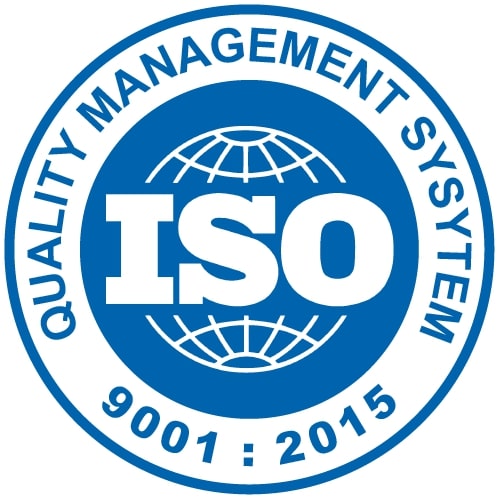
Why Implement ISO 9001 Quality Management Systems?
ISO 9001 is a globally recognised standard that outlines the requirements for a Quality Management Systems (QMS) thus setting the foundation to ensure operational efficiency, customer satisfaction and continuous improvement. ISO 9001 can be implemented in any organisation, regardless of its size or industry, and it is particularly important for organisations operating in Australia.
A QMS is a set of policies, procedures, and associated documentation that are designed to ensure products or services meet a certain level of quality and safety standards. This can result in better product or service delivery, improved reliability, and increased customer satisfaction. When an organisation has a strong QMS in place, it can identify and address issues before they become major problems, which can save time and money. Implementing ISO 9001 can demonstrate to customers, suppliers, and other stakeholders that an organisation is committed to quality, which can help to build trust and improve relationships. It can provide organisations with significant competitive advantage.
Quality management systems also help organisations to comply with legal, regulatory, and contractual requirements. In Australia, there are various laws and regulations that organisations must comply with to ensure the safety and quality of their products and services. These regulations include various Australian and ISO Standards, Food Standards, and WHS Regulations. Implementing a structured system ensures compliance with legal and contractual obligations, avoiding costly fines, disputes, and reputational damage.
Most organisations that implement QMS do so to better identify process inefficiencies, errors, and wastages, thereby improving operational efficiency. This in-turn leads to cost savings, increased productivity, and improved overall performance. Implementing a QMS signals to customers and stakeholders that the organisation is committed to delivering high-quality products and services, leading to increased customer trust, loyalty, and positive brand recognition.
One of the most important benefits of Implementing a QMS is that it lays the foundation for a culture of continuous improvement. Through regular monitoring, measurement, and evaluation, organisations are better able to identify areas for improvement and make necessary changes. This ensures they are constantly adapting to changing market conditions and customer expectations, which in-turn allow them to remain competitive and relevant.
Talk with QSE Consultants about how we can help you deliver high-quality products and services consistently to your customers through a quality management system.
